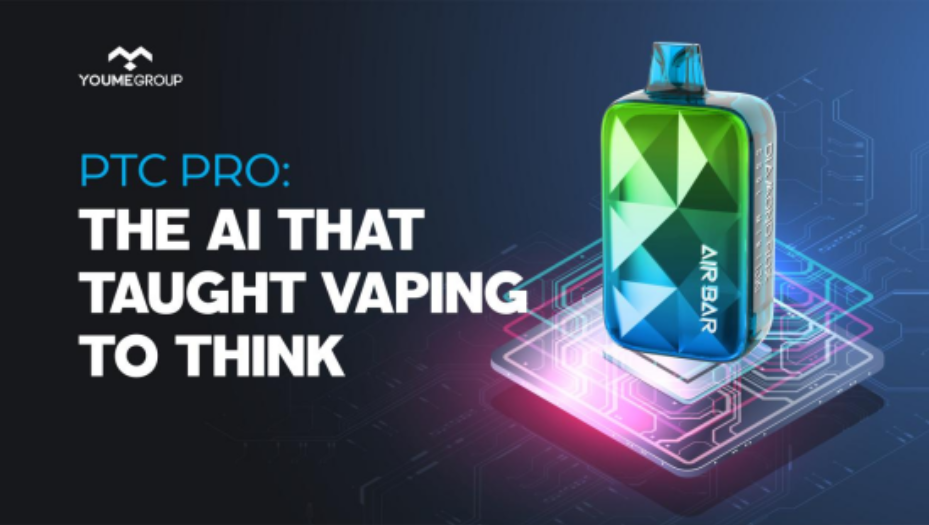Minnesota’s tech landscape is vibrant and rapidly evolving, making it a fertile ground for IT staffing agencies. These agencies play a crucial role in connecting skilled IT professionals with organizations in need, adapting to trends, and addressing the unique challenges within the industry. This article explores the impact of IT staffing agencies in Minnesota, focusing on their contributions to the local economy, workforce development, and the evolving nature of recruitment.
Economic Contributions of IT Staffing Agencies
IT staffing agencies significantly contribute to Minnesota’s economy by facilitating job creation and supporting various sectors.
1. Job Creation Across Industries: The demand for IT talent spans multiple sectors, including healthcare, finance, and manufacturing. By providing a steady stream of qualified candidates, staffing agencies help businesses fill critical roles that drive innovation and productivity. This not only helps individual companies thrive but also bolsters the overall economy by maintaining low unemployment rates and stimulating local spending.
2. Support for Emerging Startups: Minnesota is home to a growing startup scene, and IT staffing agencies play an essential role in supporting these fledgling businesses. Startups often lack the resources to conduct extensive recruitment processes, making agencies invaluable partners. By offering flexible hiring solutions, staffing agencies allow startups to scale efficiently and access the specialized skills necessary to develop innovative products and services.
Evolving Workforce Development
The workforce landscape is constantly changing, and IT staffing agencies are at the forefront of workforce development in Minnesota.
1. Skills Training and Upskilling: Recognizing the rapid pace of technological advancement, many IT staffing agencies are investing in skills training and upskilling programs. These initiatives prepare candidates for emerging technologies and methodologies, ensuring that they are equipped to meet the evolving demands of the job market. This focus on continuous learning not only benefits individual professionals but also strengthens the overall talent pool available to employers.
2. Building Diverse Talent Pipelines: Diversity and inclusion have become critical focuses for organizations. IT staffing agencies in Minnesota are actively working to build diverse talent pipelines by partnering with educational institutions and community organizations. These collaborations aim to create pathways for underrepresented groups in tech, helping to foster a more inclusive workforce that drives innovation and creativity.
Navigating Technological Changes
As technology continues to evolve, IT staffing agencies must adapt their strategies to meet new demands.
1. Leveraging AI and Data Analytics: Agencies are increasingly using AI and data analytics to enhance their recruitment processes. By analyzing labor market trends, candidate profiles, and employer needs, agencies can make informed decisions that improve placement rates and candidate satisfaction. This data-driven approach allows for a more strategic recruitment process, ensuring that clients find the right talent quickly.
2. Embracing Remote Work Opportunities: The shift toward remote work has transformed the recruiting landscape. Minnesota’s IT staffing agencies are adapting by offering remote staffing solutions that enable businesses to access talent beyond geographical limitations. This flexibility not only expands the talent pool for employers but also provides candidates with a wider range of job opportunities that fit their lifestyle preferences.
Challenges Faced by IT Staffing Agencies
While the role of IT staffing agencies is vital, they also face challenges that require innovative solutions.
1. Rapidly Changing Skill Requirements: The fast-paced nature of technology means that the skills required by employers can change quickly. Staffing agencies must stay ahead of these shifts to ensure they are sourcing candidates with the most relevant skills. This involves continuous engagement with industry trends and active collaboration with clients to understand their evolving needs.
2. Competition for Talent: As demand for IT professionals grows, competition for top talent intensifies. IT staffing agencies must differentiate themselves by offering unique value propositions, such as personalized service, comprehensive benefits, and robust candidate support. Building strong relationships with both clients and candidates is essential for agencies to succeed in a competitive landscape.
Future Trends in IT Staffing
The future of IT staffing in Minnesota is likely to be shaped by several key trends.
1. Increased Focus on Soft Skills: While technical skills remain critical, there is a growing recognition of the importance of soft skills, such as communication, teamwork, and adaptability. IT staffing agencies will need to assess these qualities during the recruitment process to ensure that candidates not only have the necessary technical expertise but also fit well within organizational cultures.
2. Enhanced Candidate Experience: As the job market becomes more candidate-driven, IT staffing agencies will increasingly prioritize candidate experience. This involves clear communication throughout the recruitment process, providing feedback, and supporting candidates in their career development. A positive candidate experience can lead to higher retention rates and stronger employer branding for clients.
IT staffing agencies in Minnesota are more than just recruitment intermediaries; they are integral players in the state’s tech ecosystem. By facilitating job creation, fostering diversity, and adapting to technological changes, these agencies contribute to a vibrant economy and a skilled workforce. As they navigate challenges and embrace future trends, their role will continue to evolve, shaping the landscape of work in Minnesota.
The ongoing partnership between IT staffing agencies, businesses, and candidates will be crucial for fostering innovation and ensuring that Minnesota remains a competitive player in the tech industry. As the workforce adapts to changing demands, the contributions of these agencies will be essential in building a robust, diverse, and skilled IT community.






